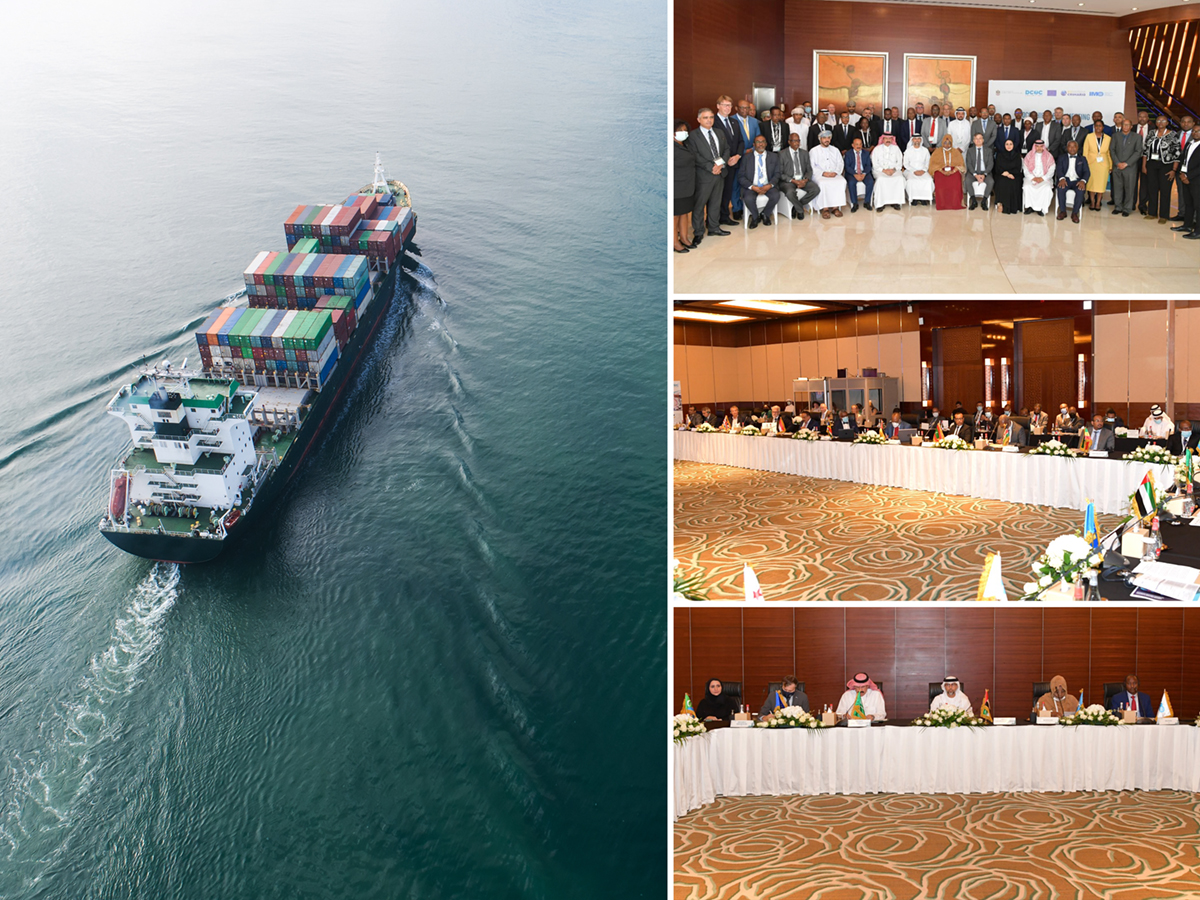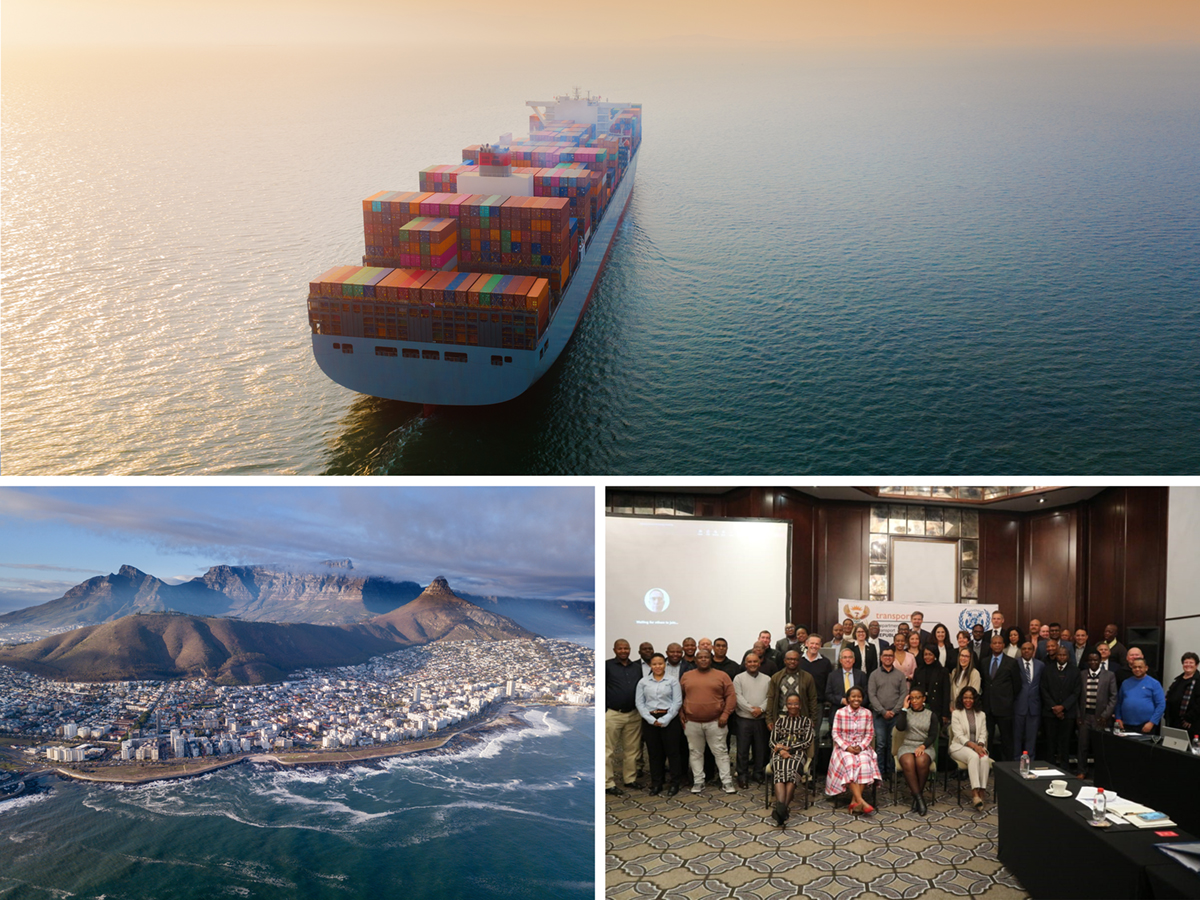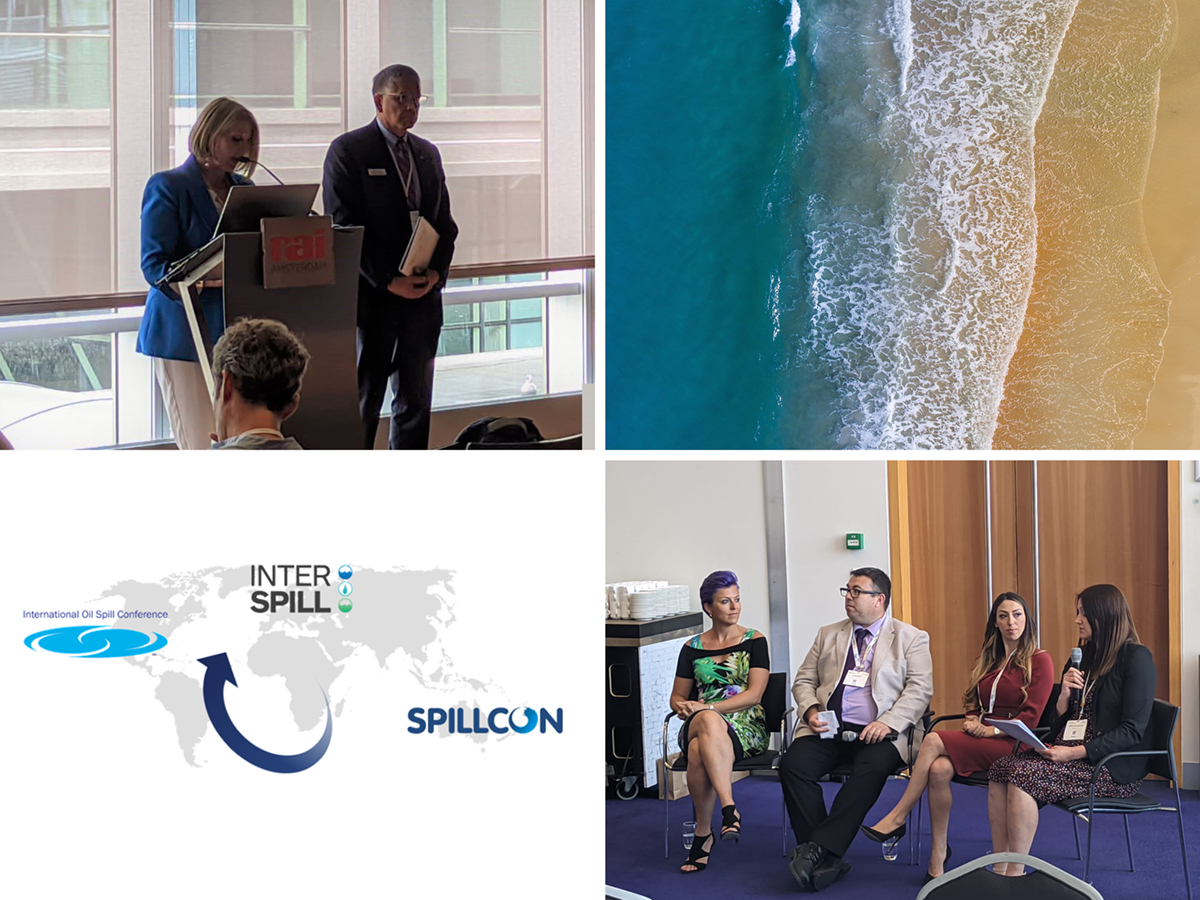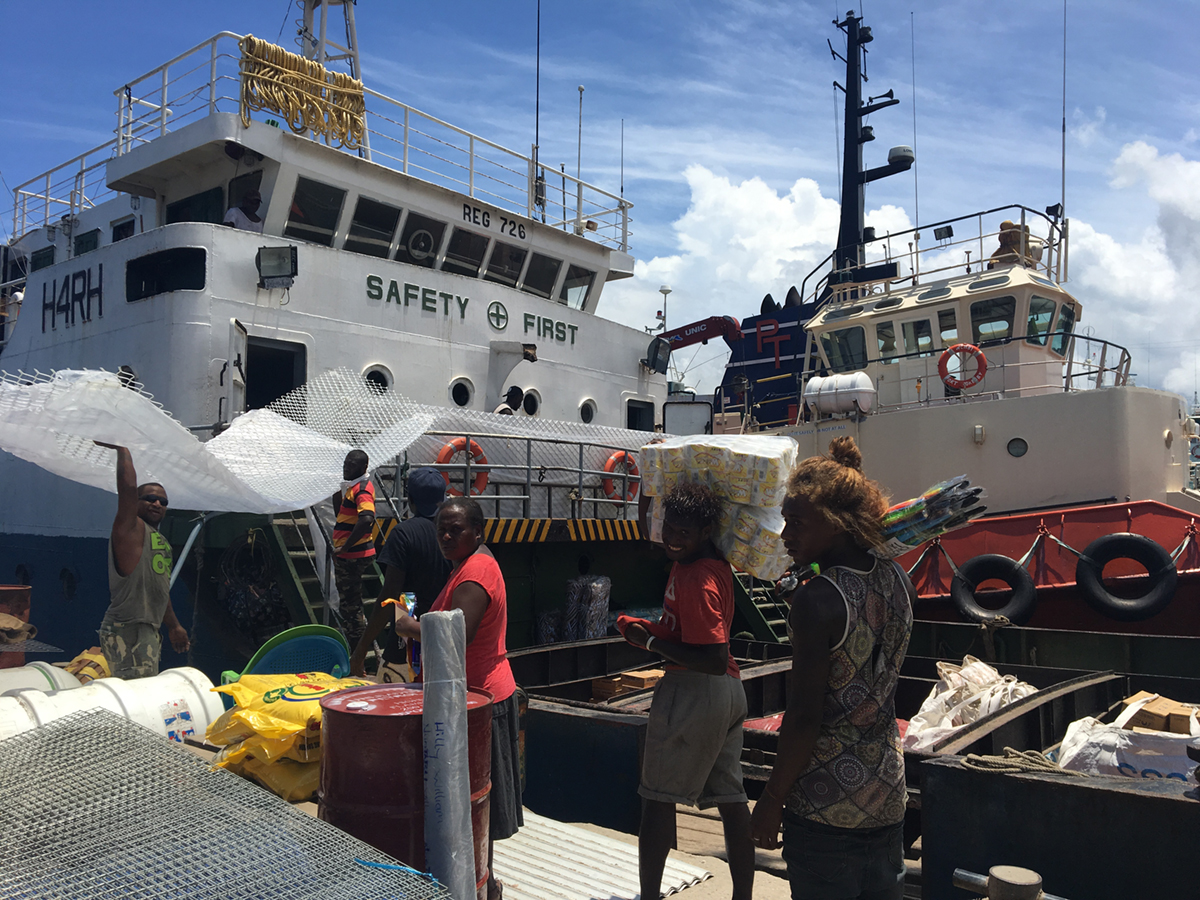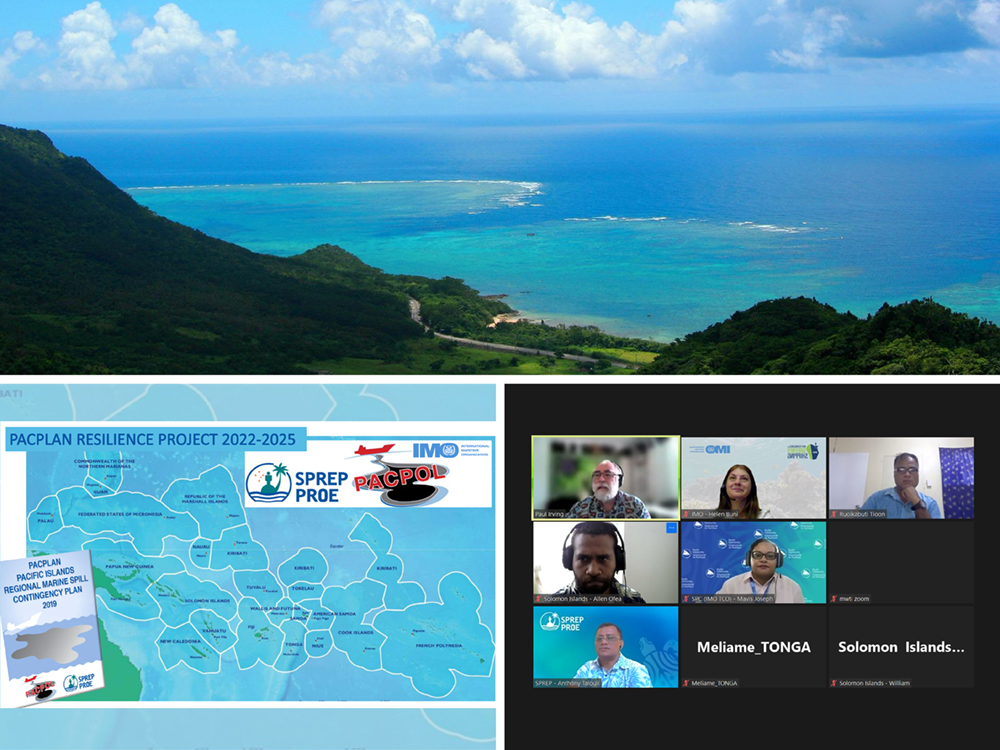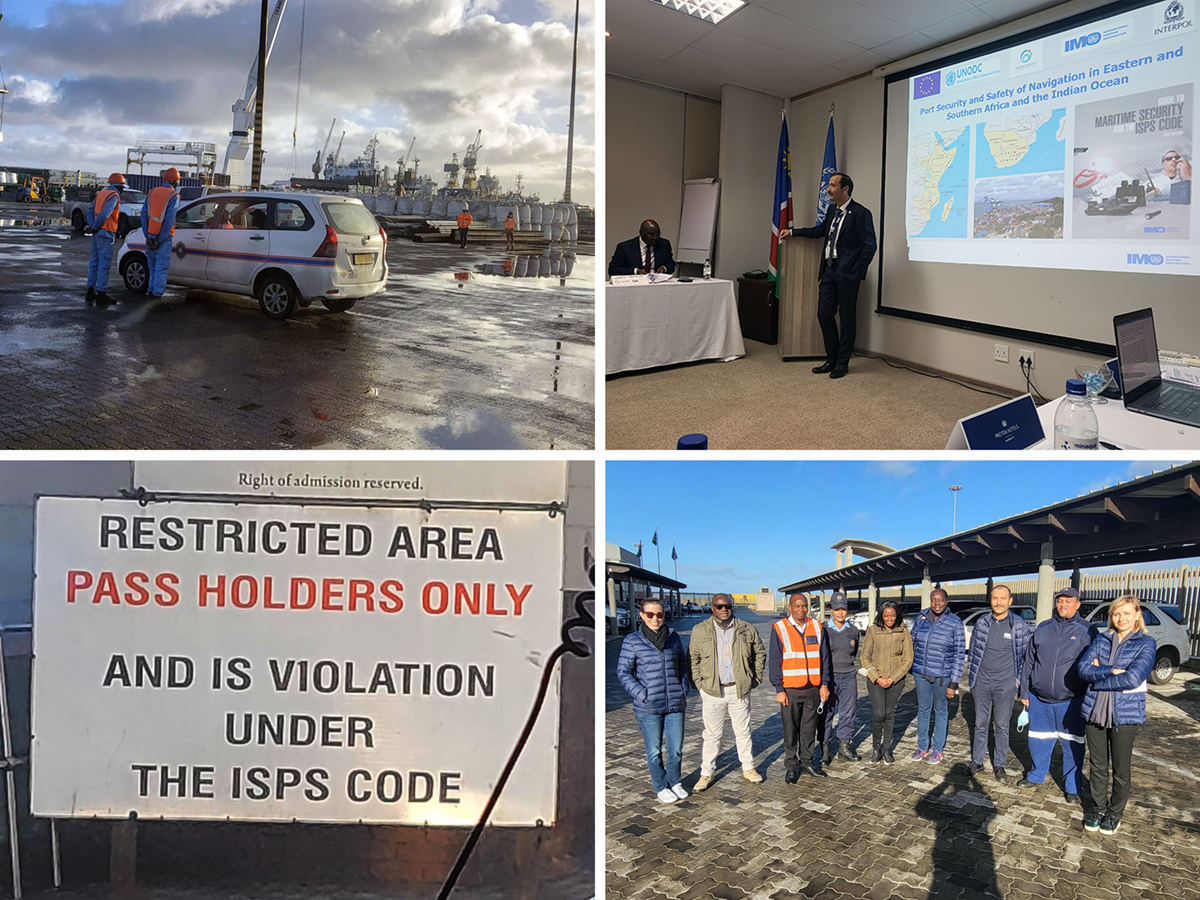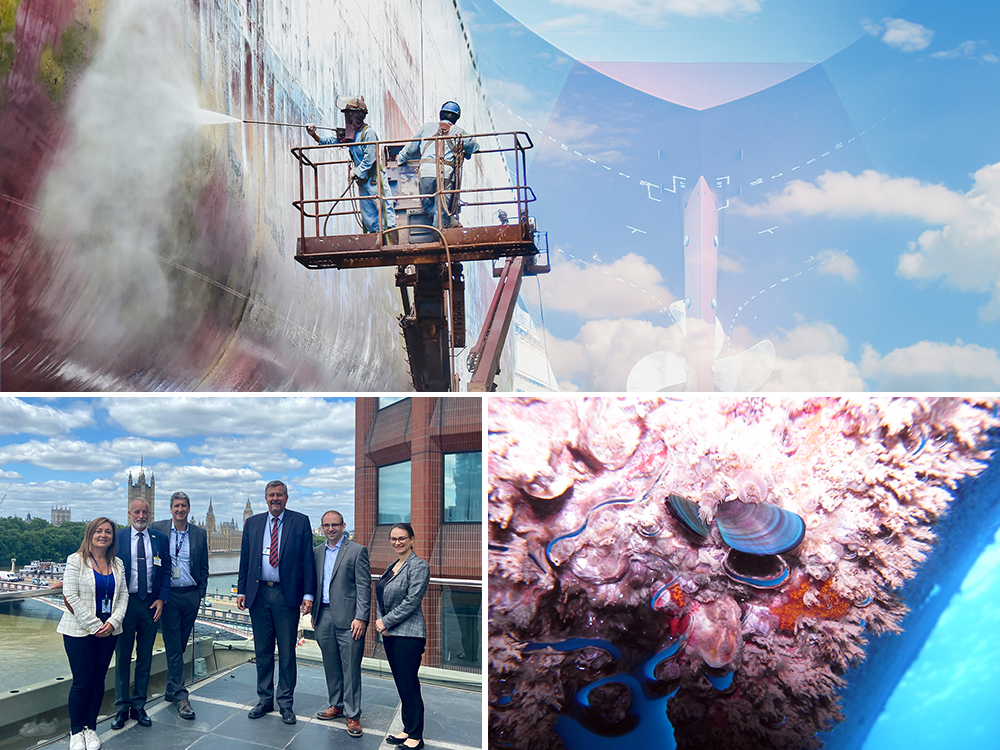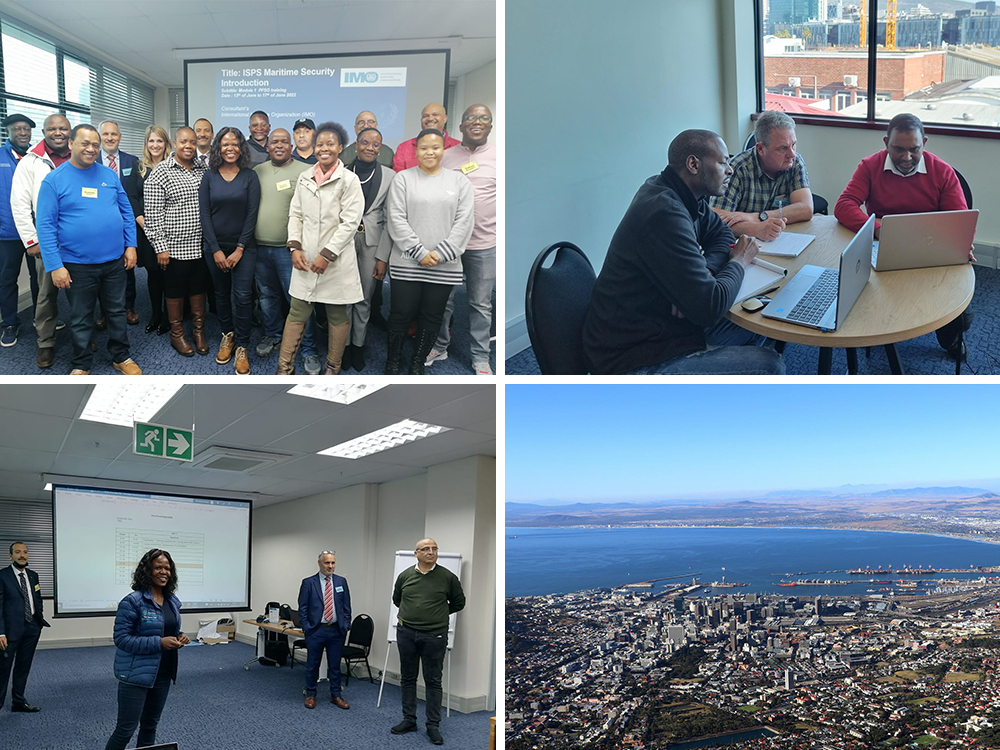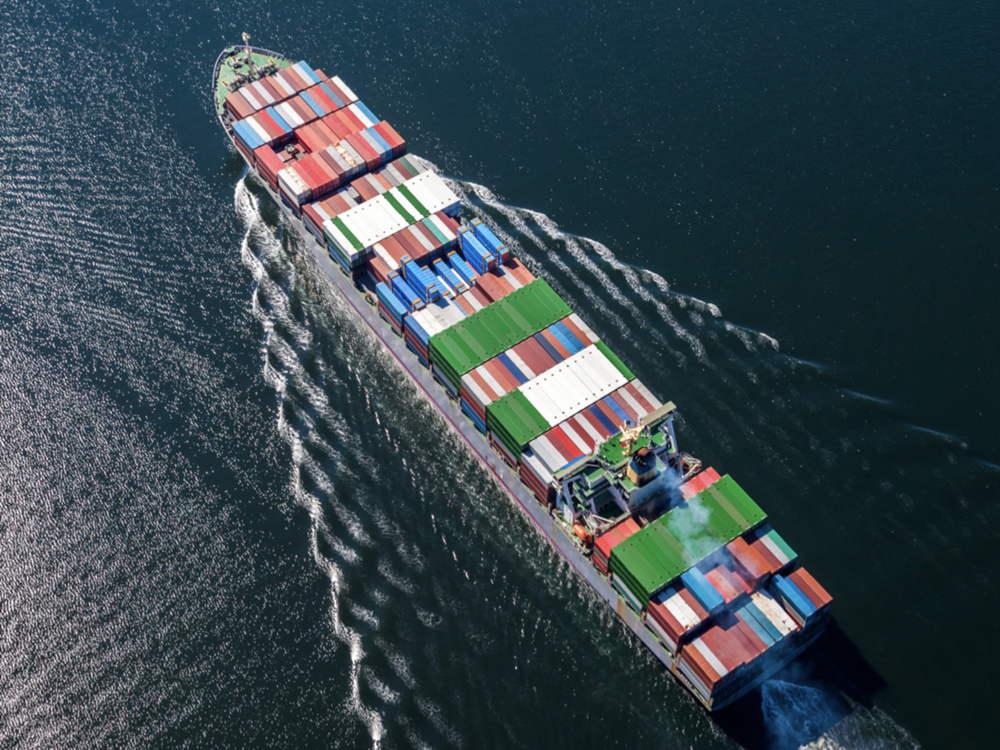Archive 2022
Combating maritime security threats in western Indian Ocean and Gulf of Aden
Signatory States to the revised Code of Conduct concerning the repression of piracy, armed robbery against ships and illicit maritime activity in the western Indian Ocean and the Gulf of Aden Area, known as the Jeddah Amendment to the Djibouti Code of Conduct 2017, have agreed a raft of measures to combat new and emerging threats to maritime security. The high-level meeting, held in Dubai (28-30 June), acknowledged that maritime threats have evolved and expanded beyond piracy into other challenges that have a damaging effect on the economies of the Signatory States.
Support for South Africa to prevent stowaway cases and to ratify the FAL Convention
Stowaway cases are a human tragedy and hamper the economy of the country by increasing transport costs for import and exports flows. South African government, port and shipping industry representatives have attended a national seminar on the prevention of stowaways in Cape Town (27 to 29 June). Another seminar on 30 June and 1 July focuses on understanding the provisions of the IMO Convention on Facilitation of international maritime traffic and supporting South Africa in its process to ratify the FAL Convention.
Spreading expertise on oil spill response
IMO played a key role in spreading oil spill response expertise at the INTERSPILL 2022 conference, held in Amsterdam, the Netherlands (21-23 June). Under the theme: 'Prevent, Prepare, Respond, Restore' thousands of professionals from the international spill response community, private sector, government, and non-governmental organizations came together to discuss challenges and share oil spill preparedness and response expertise and ideas from around the world.
Improving availability of maritime transport costs data in the Pacific
The IMO Secretariat has initiated a project aiming to improve the availability of relevant maritime transport costs data for the Pacific SIDS/Pacific Region with a view to facilitating future assessments of the possible impacts on States of potential GHG reduction measures in shipping, including, as appropriate, carbon pricing instruments.
Support for Pacific Islands on oil spill and pollution treaties
IMO is helping to strengthen regional mechanisms dealing with oil spills in the Pacific Islands region, by providing support to the new PACPLAN* Resilience Project 2022-2025. The project, launched this month (22 June) at a virtual inception meeting, will support Kiribati, Nauru, Papua New Guinea, Solomon Islands, Tuvalu and Vanuatu in ratifying and implementing relevant international law, including two important IMO treaties.
Maritime security support for Namibia
IMO is assisting Namibia's maritime administration to put in place a legal framework that gives full and complete effect to IMO instruments dealing with maritime security. A five-day workshop (20-24 June) hosted by the Namibian Directorate of Maritime Affairs (DMA), in Walvis Bay, Namibia, is bringing together 26 participants from key national agencies.
Combatting micro-plastics, bio-fouling and other wastes
There is increasing evidence of biological material, microplastics and chemicals found in wastes generated by in-water cleaning of vessel anti-fouling paints and coatings. This trend in pollution could negatively impact the marine environment if it continues to grow, prompting the IMO Glofouling GIA to make this an area of future work.
Strengthening Port Security in South Africa
Strengthening port security is the focus of two five-day workshops on the implementation of the International Ship and Port Facility Security Code (ISPS Code) for Designated Authorities and Port Facility Security Officers (PFSOs) (6-10 June and 13-17 June) in Cape Town, South Africa.
Lowering containership emissions through Just In Time arrivals
Just In Time (JIT) arrivals allow ships to optimise speed during their voyage to arrive in port when berth, fairway and nautical services are available. Containerships can reduce fuel consumption and resulting carbon dioxide emissions by 14% on a per voyage basis using JIT arrival, according to a new study, commissioned by the IMO-Norway GreenVoyage2050’s Global Industry Alliance to Support Low Carbon Shipping (Low Carbon GIA).
